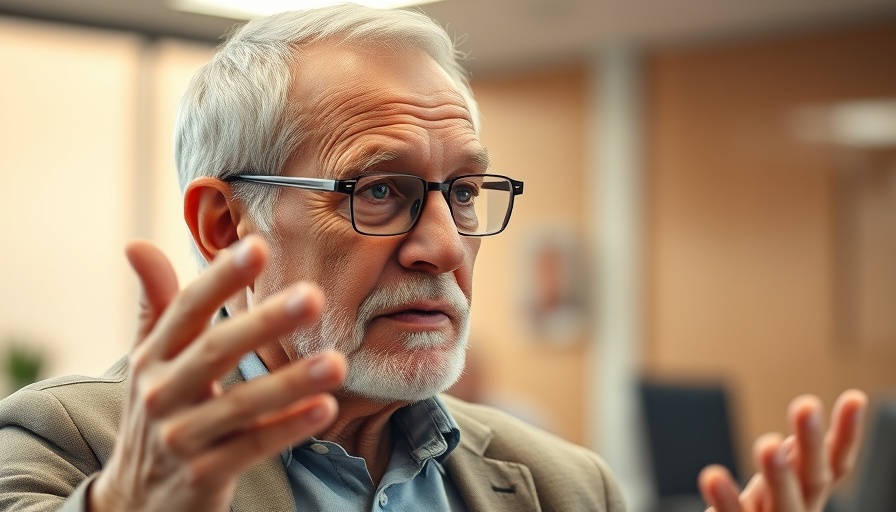
OpenAI's Commitment to Nonprofit Control: What it Means for the Future
In a surprising turn of events, OpenAI has decided to maintain its nonprofit governance structure, reversing its earlier intentions to divest control of its for-profit operations. This decision, announced by board chairman Bret Taylor, comes amidst growing concerns from civic leaders and public figures about the ramifications of a purely profit-driven model in the realm of artificial intelligence. OpenAI's board reaffirmed that their mission remains unchanged: to ensure that artificial general intelligence benefits all of humanity.
Understanding the Nonprofit-For-Profit Relationship
OpenAI's transformation to a public benefit corporation (PBC) signifies the first time a tech giant has chosen to institutionalize public good in its operational mandate. This structure will allow OpenAI to pursue profit while still adhering to the mission laid down by its nonprofit parent. With this change, the nonprofit arm will retain its control and remain the largest shareholder in the PBC, ensuring a balance between profit motives and social responsibility that is often elusive in the tech industry.
The Power of Civic Engagement
The reversal of OpenAI’s strategy provides a case study in how grassroots civic action can influence corporate governance in the technology sector. More than 30 civic leaders and Nobel laureates expressed their discontent with OpenAI's initial plans, urging legal authorities to halt any activity that might lead the organization away from its foundation of serving humanity. This unprecedented engagement highlights the rising awareness and responsibility expected from tech companies as they increasingly engage in complex societal issues.
A New Era in Artificial Intelligence Governance
OpenAI's decision reflects a broader trend in which technology firms are now being held accountable by public stakeholders, signifying a potential shift in how AI development is approached. As AI continues to manifest across various sectors, from self-employment in regions like Buffalo to job innovation efforts in Cleveland, maintaining a focus on public benefit may become a guiding principle for future tech endeavors.
Challenges from Within and Outside
OpenAI's journey has not been without obstacles. The company is currently embroiled in a legal battle with Elon Musk, a co-founder who has accused OpenAI of deviating from its original mandate. His substantial monetary offer to buy the organization showcases the high stakes involved in the growth and direction of AI. As Microsoft continues to invest heavily in OpenAI, the necessity of adhering to ethical practices in AI utilization becomes increasingly critical.
Amidst economic fluctuations and potential AI job cuts, the choices made by corporations like OpenAI will have lasting implications not just for their business models but for the self-employed and entrepreneurs, including those in places like Detroit or Toronto, looking to leverage AI in their ventures. The community's response to OpenAI's direction will serve as both a barometer and a model for how future tech enterprises navigate the delicate interplay of innovation, profit, and ethical responsibility.
Conclusion: Taking Action for Ethical AI Development
As the tech landscape continues to evolve, it's crucial for professionals in the industry, especially self-employed individuals, to advocate for ethical governance in AI and technology sectors. By staying informed and actively participating in discussions surrounding AI's future, entrepreneurs can ensure that innovations benefit not just businesses, but also the communities they serve.
 Add Row
Add Row  Add
Add 




Write A Comment